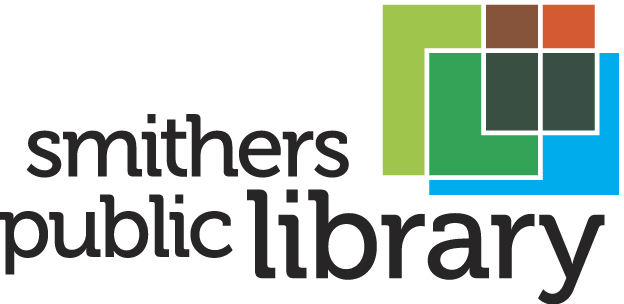Information and links to online resources by subject, including access to relevant databases.
- Anti-Racism Resources
- Citizenship & Newcomers
- Climate Change Action
- Emergency Info & Preparedness
- Genealogy & Family History
- Indigenous Peoples
- Kids & Online Learning
- Legal Information
- 2SLGBTQ+
- Libraries & Censorship
- Literacy and Struggling Readers
- Misinformation & Evaluating Sources
- Resources for People with Disabilities
- Students & Post-Secondary Planning
- Wills & Estate Planning
See also our complete list of Online Resources.
Information about databases:
- Databases give you online access to a variety of published information sources, such as newspapers, magazines and journals.
- You can read an entire article from Consumer Reports, for example, online.
- Advantage over the print version? You can easily search through the articles!
- The library has already paid for the premium content in the databases, so as a library user, you get to use these for free.
Database vs. Internet
- Databases offer content that is evaluated by publishers for authority and accuracy. The information is stable, organized and indexed for more accurate searches.
- Anyone can publish information on the internet. Evaluate the websites that you find. Try to determine the source of the site and the validity of its content (e.g. educational or government institutions may provide more unbiased information than commercial businesses).
Online Search Tips
Follow these great tips and get better results:
- Use keywords or search terms that come directly from your research topic
- Be specific (e.g. use St. Bernard instead of dogs)
- Try using words with the same or similar meaning (e.g. search using tests, quizzes, examinations)
- Try variations of the word (e.g. swim, swimming, swims)
- Use “and” to search for more than one keyword (e.g. steroids and sports)
- Use quotation marks (“) to combine keywords into phrases (e.g. “federal budget”)
- Use “or” to search for results that contain either keyword (e.g. housing and Vancouver or Calgary)
- Check the “help” feature provided by the search engine or database you are using
Advanced Searching Tips
Databases often have more options for advanced searching. The tips below apply to most databases:
- Search for word variants with the use of a wildcard, such as an asterisk or question mark (e.g. a search for swim* will search for the terms swim, swims, swimmers and swimming)
- Most databases provide subject headings that are relevant to your search
- Click on a subject heading to conduct a new search, or combine the subject heading with your original search to narrow the results
- Limit your search by time period (e.g. search only articles published in the last 3 months, or choose a date range)
